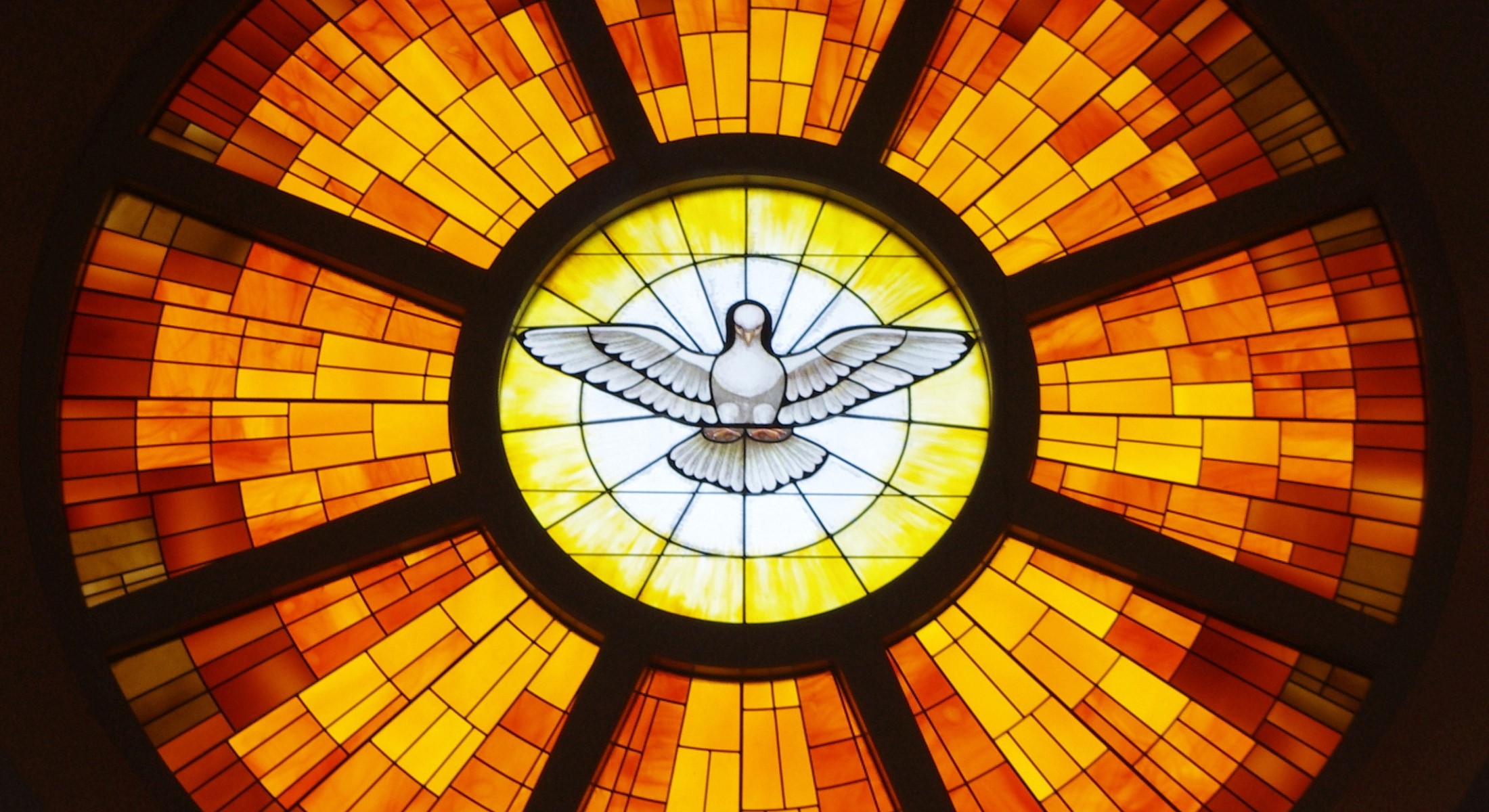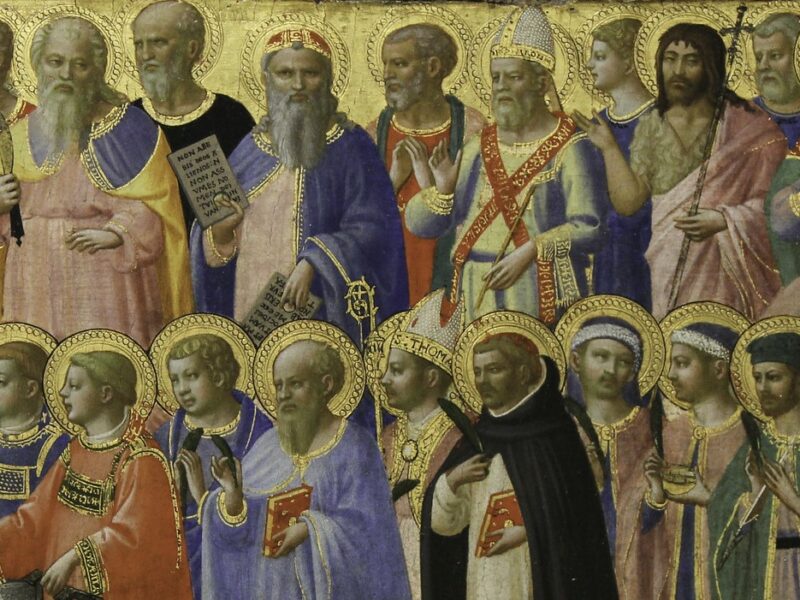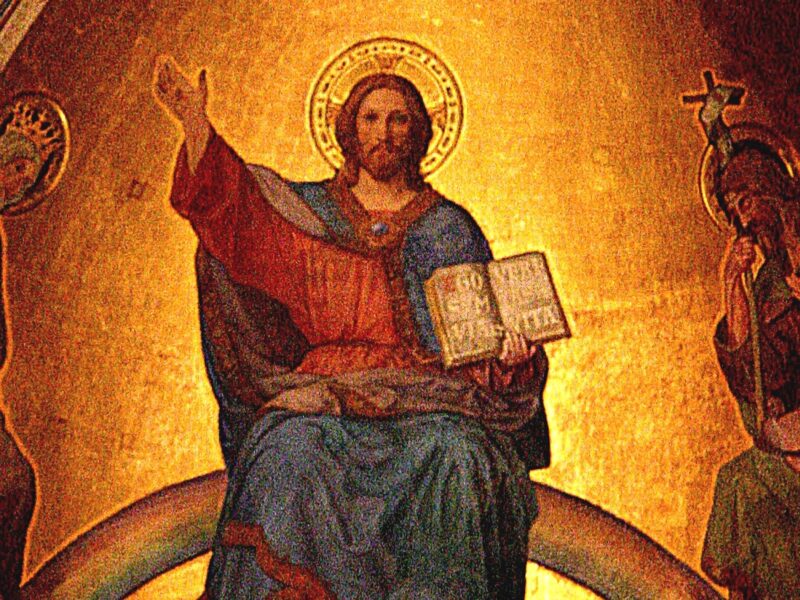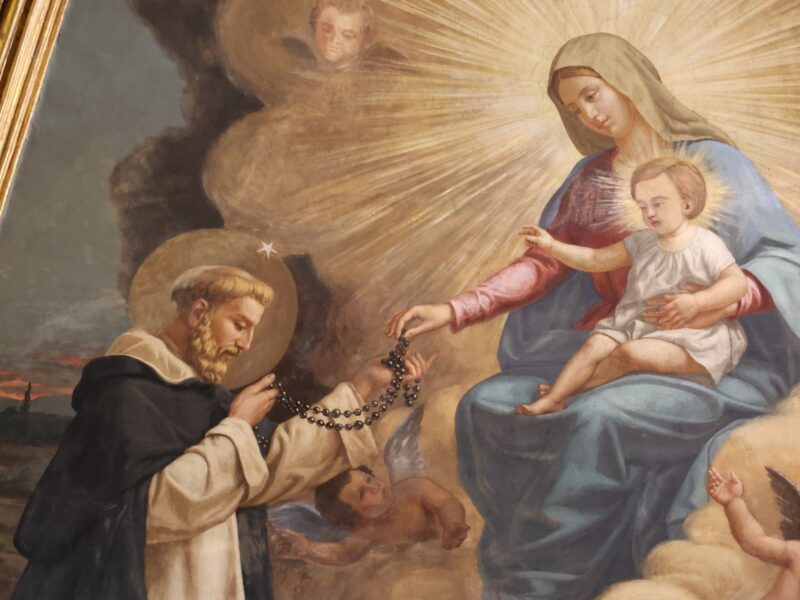
We are a Temple
Pentecost. Fr Richard Finn contrasts orthodox preaching with the allure of false myths.
A few days ago I looked out across the wooded valleys and crags of the alps from Obersalzburg. Here, Adolf Hitler had received parties of schoolchildren in meticulous staged displays of affection between the Führer and the offspring of the Fatherland. Here, too, he ordered and oversaw the invasion and occupation of neighbouring countries supposedly to restore German-speaking people to their rightful nation state. And here, too, Hitler instituted the mass murder of thousands who did not fit his vision of the Fatherland – the mentally and physically disabled, gypsies, communists, and homosexuals – and the genocide of literally millions of Jews.
Obersalzburg warns us of the perennial and current temptation to gain or maintain power over others, and to forge societies, through the demonisation and exclusion of minorities, to unite over and against our fellow human beings, by peddling myths of national identity and history. Indeed, I was visiting Obersalzburg as part of an international conference sponsored by the University of Notre Dame to reflect on democracy and the rise of populist parties in the light of Catholic Social Teaching. However, Hitler’s ambitions, those of modern-day parties on the far-right, and those who more widely magnify fear of migrants to make political capital, stand in stark contrast to what we celebrate in today’s great feast of Pentecost, the gift of the Holy Spirit whose presence within each one of us forms an inviolable bond between us as sisters and brothers in Christ, forms a new and peaceable international community, the Church.
The miracle as we hear it in Acts begins in wind and flame but culminates in the gift of tongues, so that the disciples can make themselves heard in every language spoken by the pilgrims to Jerusalem. I used to wonder why the Spirit hadn’t simply reversed Babel, reunited us in a single common tongue or lingua franca – Aramaic, Greek, or Latin maybe! But now I wonder whether that would not have wrongly emboldened all those who have misused language to impose the values, culture, and rule of one group over others. It’s not so long ago that Welsh or Irish or Scots Gaelic could not be spoken with impunity in schools, when elite discourse had to be conducted in the King’s or Queen’s English. Napoleon imposed a new unity on the French regions in part through similar action against those who spoke Breton or Occitan.
The Holy Spirit by contrast does not squash the individuality, the cultural identity, of those who hear the Gospel message. Rather, they are empowered by the Spirit to work with others over time in discerning the import of the Gospel for their own identity and culture. That’s an ongoing task in every culture where Christians are present, including our own, and the feast recalls us to this task. We worship God in the vernacular of how we treat our neighbours, how we treat the vulnerable and the criminal, how we collaborate as well as recreate together.
Of course, the gift of the Spirit to make the disciples heard is not simply a matter of how they are heard – as though the Spirit were a sort of Babel fish or early version of Google translate! It’s about what the disciples are empowered to say – to speak of the wonders of God. What are those wonders? Most obviously in context, they are the life, death, and resurrection of Jesus as the Christ, the events of the Gospel understood in the light of salvation history and announced as good news. In particular, as today’s Gospel makes clear, it is the good news of how these events make for the forgiveness of sins in reception of the Holy Spirit. In this sense, the Spirit makes orthodox preachers of the disciples, and, here too, we are recalled by this feast to the ongoing task of discipleship.
This Gospel is of course a re-run of the Gospel we heard at the close of the Easter Octave. That repetition or framing allows us to see clearly what the resurrection of Christ is for; it is for our resurrection to new life, through the reception of the Holy Spirit, the forgiveness of our sins, and acceptance of our new identity as disciples. To become faithful or orthodox preachers in this context is not simply about our right belief – doctrinal accuracy – but a matter of how the forgiveness of our sins makes for a graced purification of our minds and hearts, a new freedom of thought and action, so that we desire to speak and act in ways that are not manipulative or self-serving, but are consonant with the truth of the faith entrusted to us. Yet, again, this great feast recalls us to words that build up rather than degrade our common life.
St Augustine once observed that through the gift of the Holy Spirit at Pentecost we form a temple of the Holy Spirit. It wasn’t so much, he thought, that we each became a temple, but that by virtue of the Spirit, we together form a single living temple of the Holy Spirit. As that temple, as a truly Catholic or universal Church, a communion of local churches, let us offer true worship to God our Father in His Son Jesus Christ.
Readings: Acts 2:1-11 | Romans 8:8-17 | John 14:15-16,23-26
Image: Christ the King Catholic Church (Ann Arbor, Michigan) – interior, Holy Spirit window, photographed by Nheyob, via Wikimedia Commons (CC BY-SA 3.0)



Frances Flatman
Thank you Richard – very apt for the time we live in.